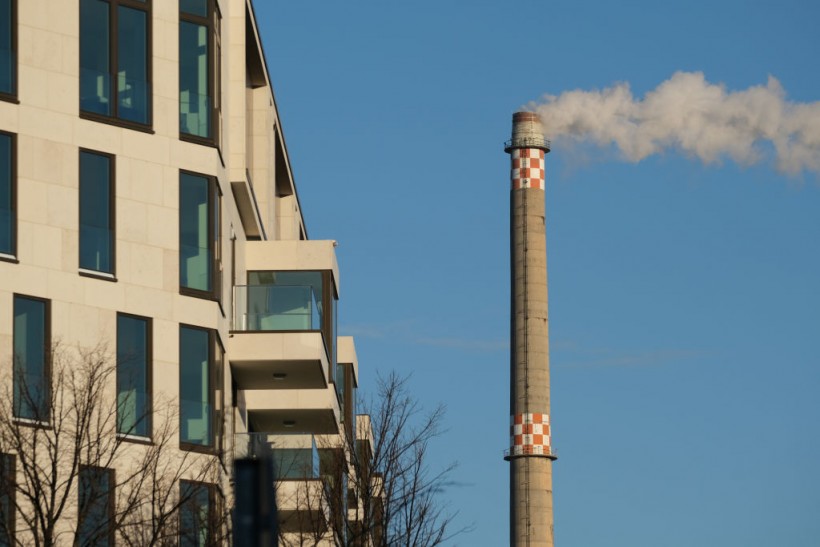The president of global climate negotiations calls on developing nations to provide more transparent and easily accounted-for financial evidence for their demands for trillions of dollars in climate funding.
Transparency Urged
Azerbaijan's environment minister, Mukhtar Babayev, who will chair the COP29 United Nations climate conference in November, has encouraged poor nation governments to compile reports detailing their efforts to reduce greenhouse gas emissions and the amount of money they have spent addressing the issue.
At COP29 in Baku, nations are anticipated to establish a new worldwide objective for climate finance to assist developing nations in reducing their greenhouse gas emissions and preparing for the effects of extreme weather. There are governments in the global south who want the amounts to go up to above $1 trillion annually.
Rich countries are unlikely to agree to contribute anything close to these amounts from their taxpayers, therefore, these commitments are expected to be the topic of intense negotiation at COP29. However, the role of alternative funding sources, notably the private sector, is still up for debate.
According to Babayev, significant financial resources would be needed to assist developing nations in updating their nationally determined contributions, or NDCs, to reduce emissions in accordance with the requirement to keep temperature increases to 1.5C over pre-industrial levels.
He believes that a critical first step is to increase the openness of accounting for spending on climate change and reductions in emissions.
"It's very important to build this correct, good and honest trust between the parties. It's a very, very important step, the creation of a transparency mechanism between the countries," he added.
Read Also: Over $42 Million California Funding to Help Fight Climate Change by Planting Trees, Green Spaces
Clear Accounting
One of the most contentious topics at the global climate negotiations is transparency, or clear accounting.
This is partially due to the challenges of keeping track of the numerous variables involved, such as greenhouse gas emissions and climate finance expenditures, but primarily due to intense national sovereignty sensitivities and resistance to being monitored by other countries.
However, there are other instances where international attempts to address the climate catastrophe are being hampered by a lack of transparency.
The International Energy Agency discovered in 2022 that emissions of the powerful greenhouse gas methane were 70% greater than countries had claimed. Greenhouse gas emissions have often been found to be far higher than those declared.
Spending on climate finance is encased in secrecy and prone to egregious distortions. For example, a journalistic investigation conducted last year revealed that Japan had provided funding for an airport expansion in Egypt and a coal-fired power plant in Bangladesh under the pretext of climate finance, while Italy had assisted in the establishment of an ice cream chain throughout Asia.
As per the Paris Agreement of 2015, nations are required to begin submitting updated transparency reports. Developed nations had to submit theirs by the end of this year, while poor nations had to do so by 2022.
In order to break the financial impasse, Babayev urges countries to turn in their reports as soon as possible, ideally well in advance of COP29 starting on November 11.
Developed nations will have less justification for refusing to provide poor countries with climate funding if the latter can demonstrate unequivocally that they are working to reduce emissions, adapt to the effects of the climate catastrophe, and account for whatever climate finance they receive.
Related Article: African Children Exposed To Environmental Shocks Making Them High Risk To Climate Change
© 2024 NatureWorldNews.com All rights reserved. Do not reproduce without permission.






